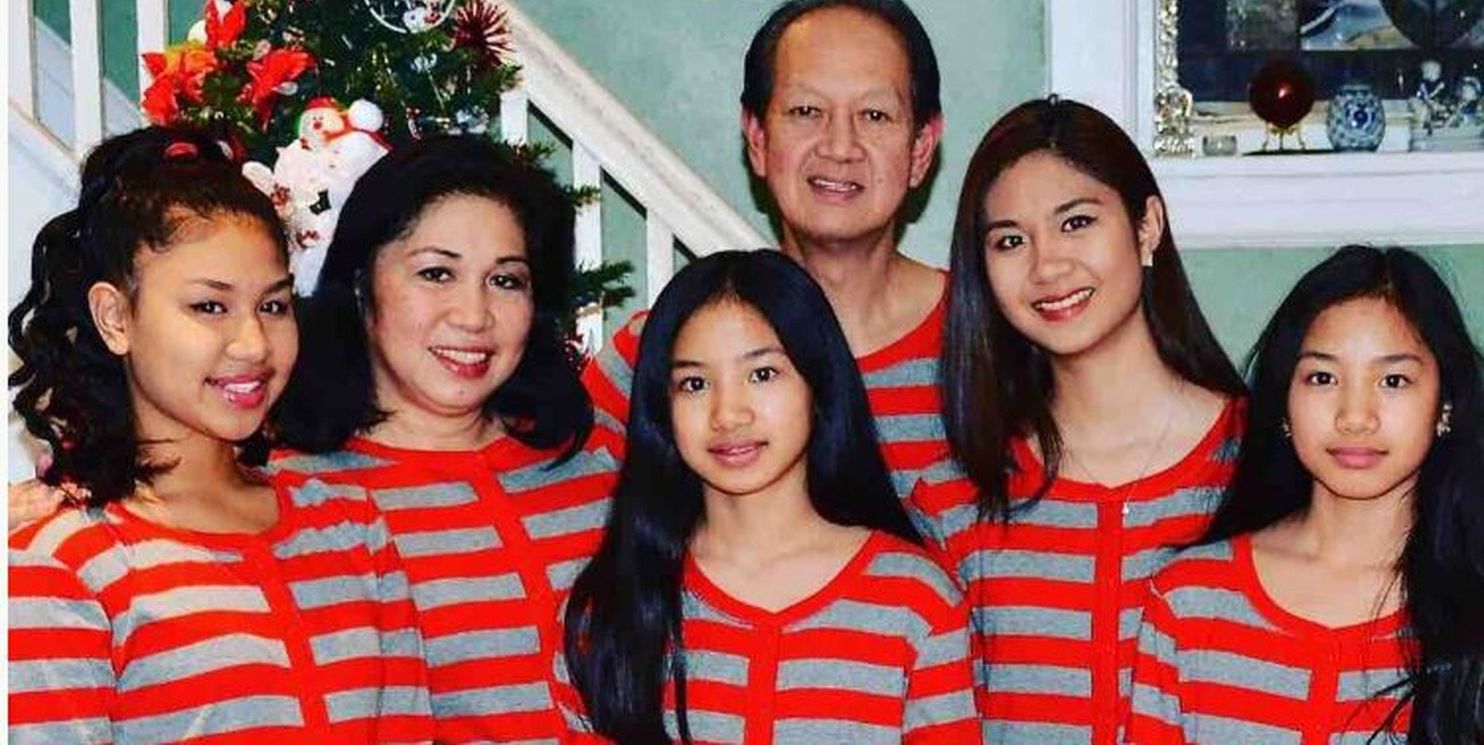Reporting distant suffering is a special problem in journalism even in the age of media globalisation. Campaigners for Mediapolis – the media as a global moral space caring equally for the far and the nearby – have made so much progress but that problem has not gone away. This story is, perhaps, too classic of the American story as for this July 6th, 2018 car crash and death of five to make the headlines around the world. The Washington Post probably has the sharpest reporting of it in a story by its general assignment reporter, Cleve R. Wootson Jr in the paper’s July 8th, 2018 edition. It was originally titled ‘All gone in the blink of an eye’: Woman survives crash that killed her husband and 4 daughters – Intervention
The week-long trip to Ocean City was the real start of summer for the Trinidads, the latest iteration of a sun-, crab- and family-filled tradition that had endured even as four daughters hurtled toward adulthood.
 Kaitlyn, 20, was in college, and 17-year-old Danna, who played on her high school’s volleyball team, was headed there in the fall. The two youngest, 13-year-old twins Melissa and Allison, were starting high school in a few months and planned to try out for the team. But, on Friday afternoon, their plans were cut short.
Kaitlyn, 20, was in college, and 17-year-old Danna, who played on her high school’s volleyball team, was headed there in the fall. The two youngest, 13-year-old twins Melissa and Allison, were starting high school in a few months and planned to try out for the team. But, on Friday afternoon, their plans were cut short.
With the family about two hours from their home in Teaneck, N.J., a heavy-duty pickup on the other side of Highway 1 crossed the grassy median in Townsend, Del., according to Delaware State Police. Now traveling in the wrong direction, the truck clipped a white sedan, spun out of control and ended up directly in the path of the Trinidads’ Toyota Sienna minivan.
Passersby poured onto the highway in an attempt to save the occupants of the battered van, but it was too late. All four daughters died in the back of the vehicle, 150 miles from home. None of them were wearing seat belts.
Also pronounced dead was their father, Audie Trinidad, who had come to the United States from the Philippines in the 1980s, asked a woman from his home country to be his wife and set down roots in Teaneck.
His wife, Mary Rose Ballocanag, 53, was the only person in the van who survived. She was being treated at Christiana Hospital for broken ribs, arms and legs, her family members said. But their biggest concern was not her physical injuries.
“How are you going to bury five people at the same time?” Trinidad’s brother, Daniel, told the New York Post outside the family’s three-level house on Saturday. “There’s no answer,” he said. “If anyone knows the answer, call me, text me. God said there’s a plan. What’s God’s plan now? . . . This is like a tragedy a hundred times over.”
People close to the family had set up a GoFundMe account that had raised more than $96,000 in less than 24 hours. Still, the organizers said, it was unclear what any amount could do in the face of such unspeakable loss.
A recovering Ballocanag, who is a nurse at a Manhattan hospital, had called a friend to relay the news about her family from her own hospital bed, family members recounted to reporters: “They’re all gone,” she said.

The dead, the living and the scrap
No one else was seriously injured in the crash. Authorities are not sure what caused 44-year-old Albert S. Hubbard to lose control of the red pickup truck. He was not immediately charged with a crime, and investigators are trying to determine whether he was impaired.
As word spread, the community in Teaneck held a memorial on Saturday night, during which they swapped stories about the Trinidads. Family members said Audie Trinidad’s journey was in many ways the realization of the American Dream. He had come to the United States and served in the Navy on the USS Mount Whitney before settling into a career as a U.S. Postal Service worker, according to NorthJersey.com. Several family members had followed him to the United States, and with Ballocanag, he had started one of his own.
They chronicled their family’s growth in old-fashioned pictures posted on Facebook. In one, the family is dressed in jean shorts and T-shirts and holding balloons. Another features the family seated at a picnic table covered with brown paper and disposable cups, staring at the camera while leaning toward a pile of soon-to-be devoured crabs.
That was on Independence Day, one of the final family photos. “I’m trying to keep it together,” Daniel Trinidad told the New York Post. “We don’t know how we will cope once reality sets in. They’re all gone.”
‘They’re a God-fearing family. They go to church. My brother texted me a picture of the blue crabs they ate on Fourth of July. They’re all gone in the blink of an eye. Their bodies in the morgue are unrecognizable.”




























